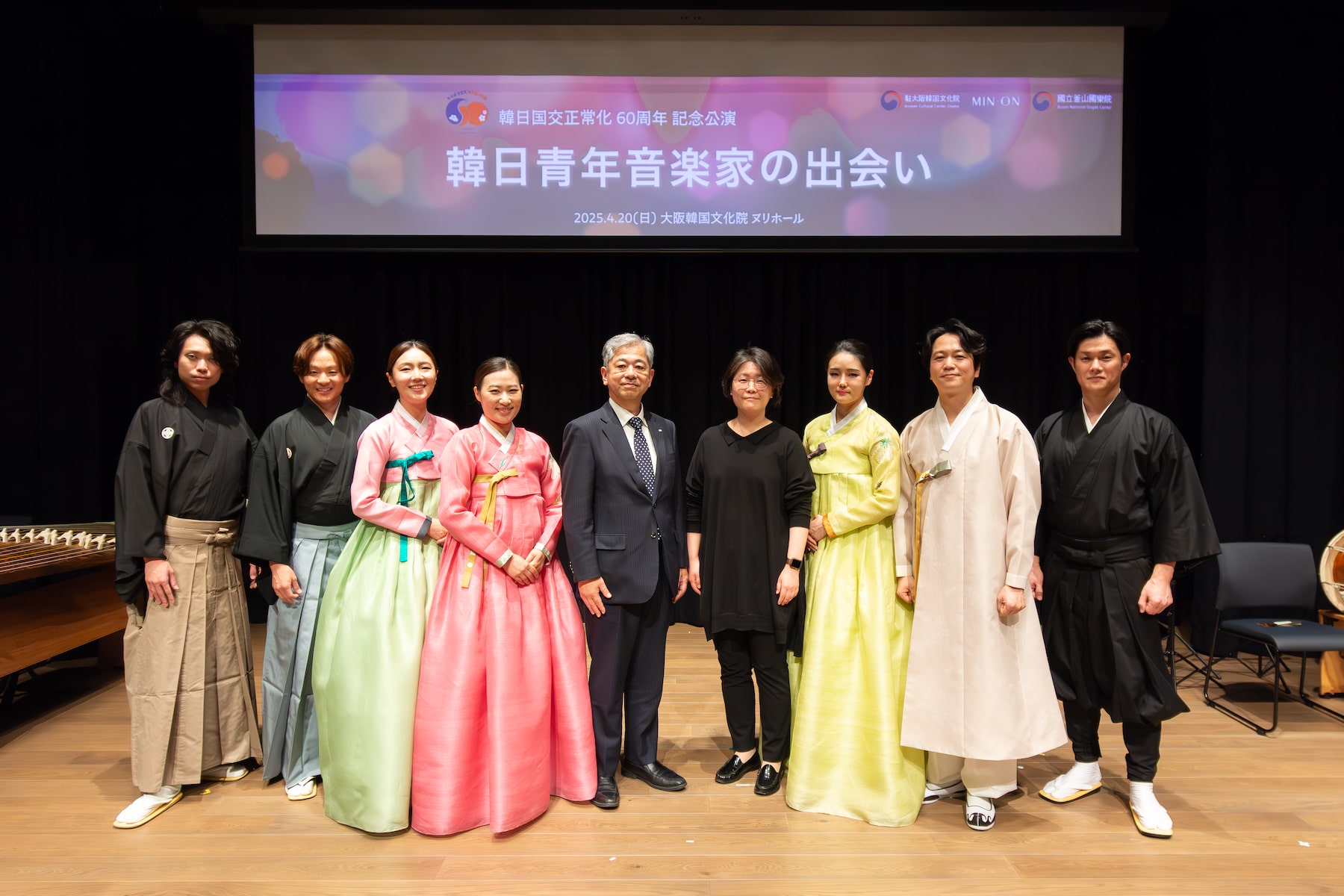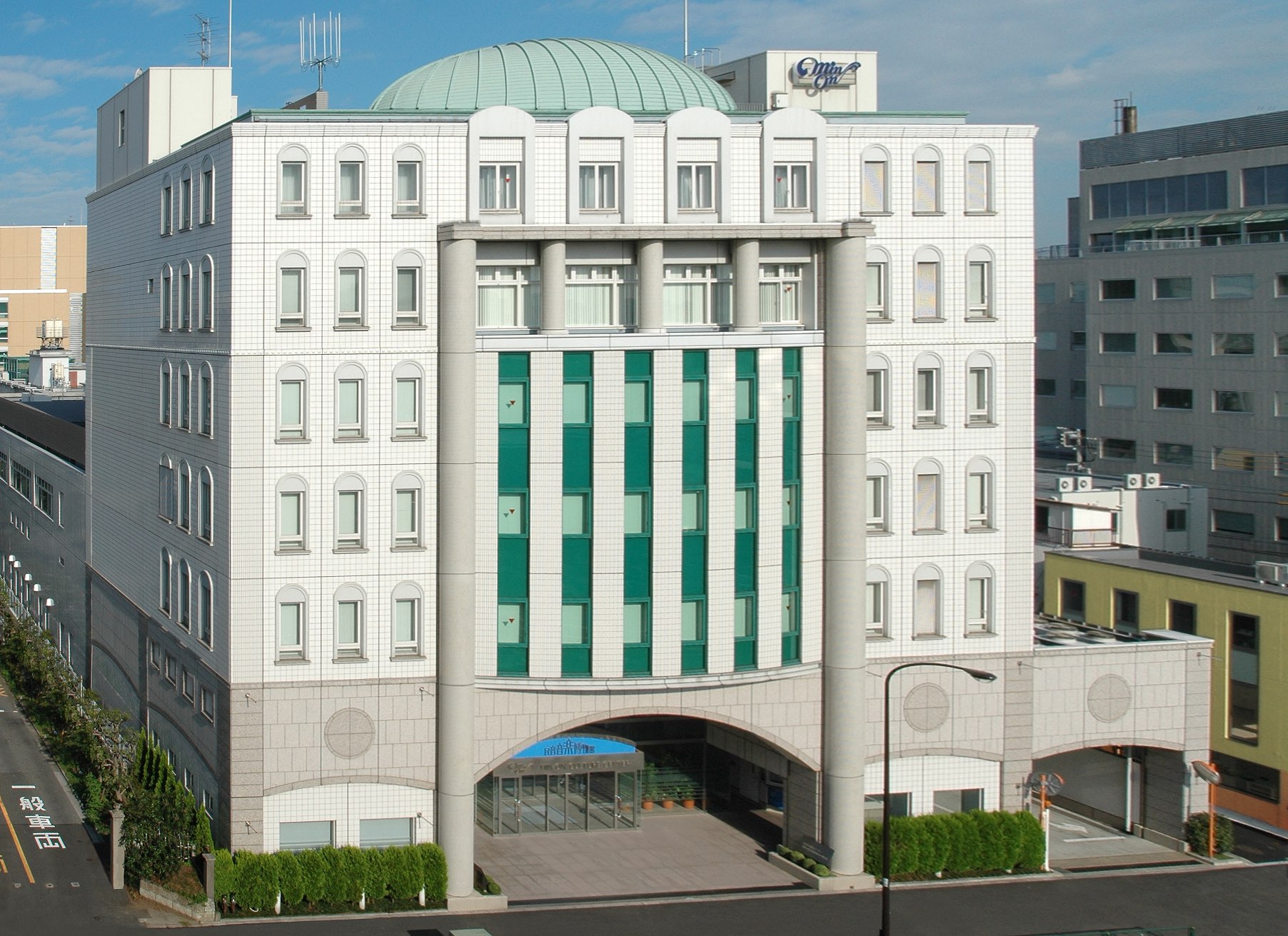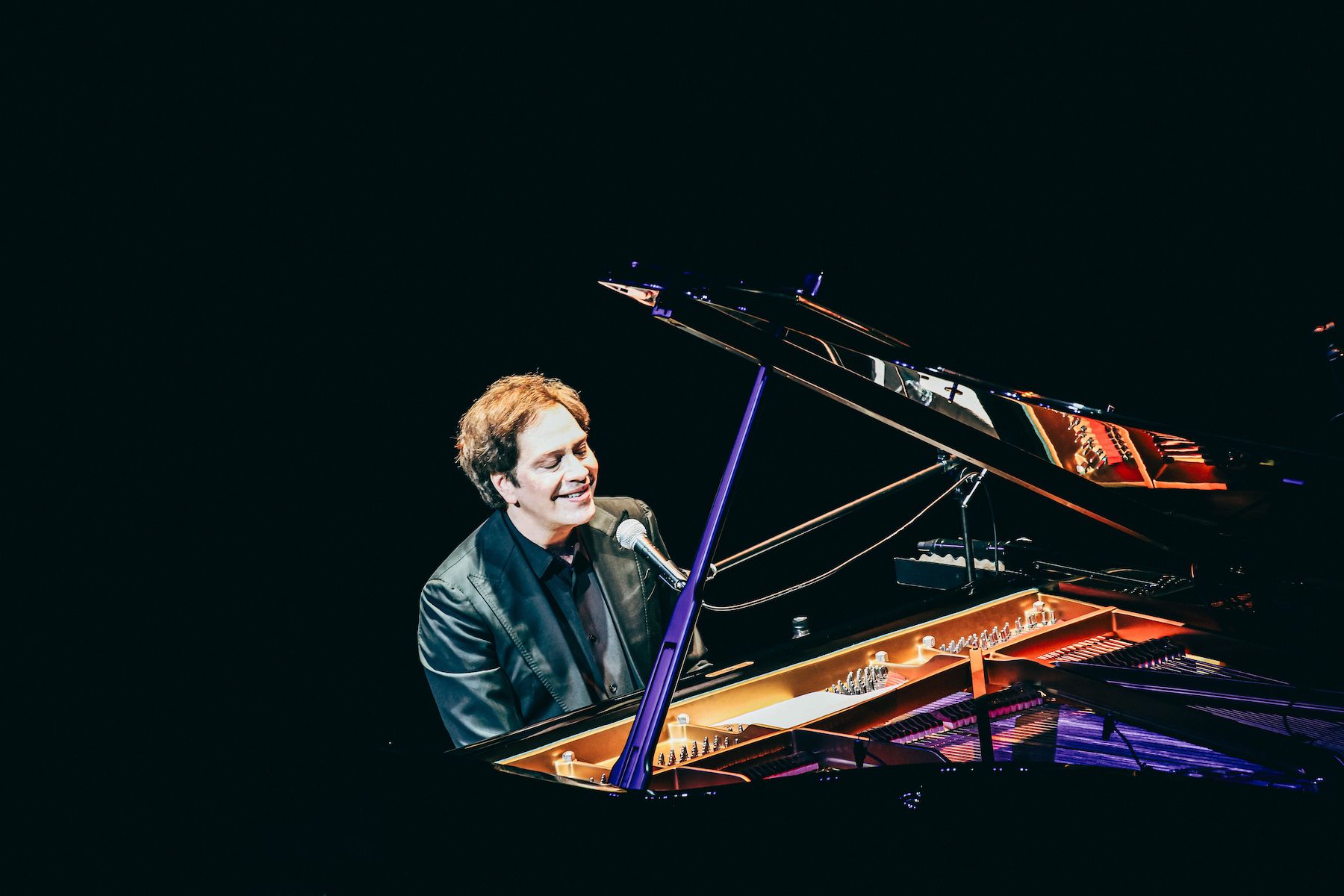“An opera begins long before the curtain goes up and ends long after it has come down. It starts in my imagination, it becomes my life, and it stays part of my life long after I’ve left the opera house.”
— Maria Callas
Opera is the consummate art of music and theater, combining solo and choral singing, declamation, acting, dancing and performance of an orchestra into the pinnacle of beauty. It requires the essential elements of both spoken theater and live classical music, including directing, acting, sets, costumes, props, and also business and administration, as well as conducting, singing, and music.
Min-On’s major project to mark the 10th anniversary of its founding was to invite the Bayerische Staatsoper München (Munich Opera) to perform in Japan as the first installment of Min-On’s Opera Series in 1974. The 330 members of the Munich Opera company delighted Japanese fans with a program of four operas and four special recitals presented in a total of 22 performances. With limited popular access to opera in Japan at the time, this opera series was acclaimed as pioneering in the way it provided opportunities to a new generation of opera fans and enthusiasts to enjoy this classical art form.
After Bayerische Staatsoper’s successful Japan tour, Min-On scheduled three large-scale productions by some of the world’s leading opera houses during the 1980s, including the Wiener Staatsoper (The Vienna State Opera) from Austria in 1980, Milan’s Teatro alla Scala (Scala Theater) from Italy in 1981, and the Royal Opera from England in 1986.
The Japan tour by Milan’s Teatro alla Scala was Min-On’s most ambitious undertaking since its founding. Planning for the tour began in 1965, when an agreement was reached with Antonio Ghiringhelli, then Teatro alla Scala’s general administrator, but it was not until 16 years later that the dream of a Japan tour was finally realized. It was a mammoth undertaking transporting the entire show—sets, props and some 500 cast and crew—from Italy to Japan for a lavish production of a scale rarely seen in Japan. More recently, Oper der Stadt Koln (Cologne City Opera) from Germany won acclaim from Japanese audiences with their contemporary productions in 1992.
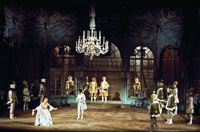 The Bavarian State Opera of Munich in 1974
The Bavarian State Opera of Munich in 1974
Bayerische Staatsoper München
(The Bavarian State Opera of Münich) in 1974
- Die Rosenkavalier
- Don Giovanni
- Walküre
- Le Nozze di Figaro
- Special Concert
- General Administrator: Dr. Günter Rennert
- Music Director: Prof. Wolfgang Sawalisch
- Conductors: Wolfgang Sawalisch, Ferdinand Leitner, Carlos Kleiber
- Orchestra: Orchestra of the Barvarian State Opera
- Chorus: Chorus of the Bavarian State Opera
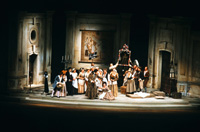 The Vienna State Opera in 1980
The Vienna State Opera in 1980
Wiener Staatsoper
(The Vienna State Opera) in 1980
- Le Nozze de Figaro
- Salome
- Electra
- Ariadne auf Naxos
- Die Entführung aus dem Serail
- Secretary General of the Austrian State Theater: Robert Jungbluth
- Director: Prof. Dr. Egon Seefehlner
- Conductors: Dr. Karl Bohm, Theodor Guschlbauer, Prof. Heinrich Hollreiser, Horst Stein
- Orchestra: The Vienna State Opera Orchestra
- Chorus: The Vienna State Opera Choir
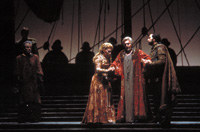 Teatro alla Scala in 1981
Teatro alla Scala in 1981
Teatro alla Scala
(Scala Theater) in 1981
- Simon Boccanegra
- Otello
- Il Barbiere di Seviglia
- La Böhéme
- Special concert “Messa da Requiem
- Special Concert “Piccola Messa Solenne”
- General Administrator: Carlo Maria Badini
- Artistic Director: Francesco Siciliani
- Secretary General: Francesco Ernani
- Conductors: Claudio Abbado, Carlos Kleiber
- Orchestra: Orchestra del Teatro alla Scala
- Chorus: Coro del Teatro alla Scala
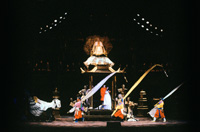 The Royal Opera in 1986
The Royal Opera in 1986
The Royal Opera
in 1986
- Turandot
- Carmen
- Samson et Dalila
- Cosi fan Tutte
- General Director: Sir John Tooley
- Conductors: Jacques Delacote, Mark Ermler, Gabriel Ferro
- Orchestra: The Orchestra of the Royal Opera House
- Chorus: The Royal Opera Chorus
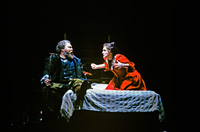 The Cologne City Opera in 1992
The Cologne City Opera in 1992
Oper der Stadt Köln
(Cologne City Opera) in 1992
- Fliegende Holländer
- Die Entführung aus dem Serail
- Lady Macbeth von Mzensk
- General Director: Michael Hampe
- Music Director and Conductor: James Conlon
- Orchestra: Das Gurzcnich-Orchcster der Stadt Köln
- Chorus: Der Chor der Oper der Stadt Köln



